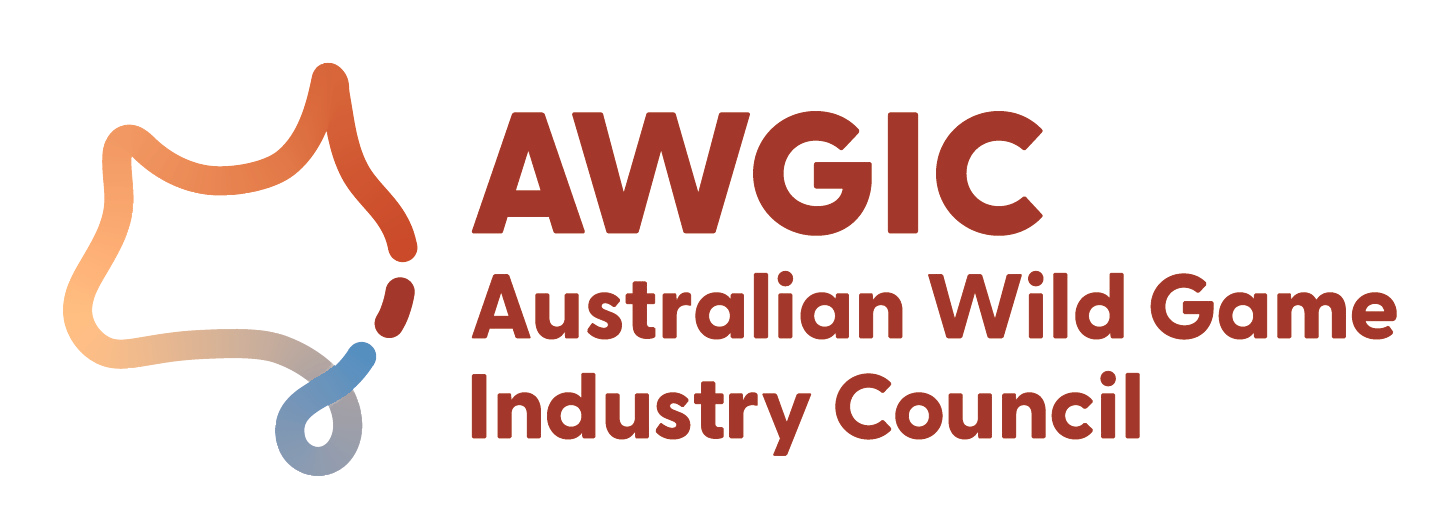Supporters-de
Unterstützungserklärungen
Wissenschaftler/innen
Dr Charlotte H. Mills, Dr Mike Letnic et al., School of BEES, UNSW:
„Our study provides evidence that grazing by kangaroos may jeopardize conservation efforts across a large region of semi-arid Australia. We contend that managing the total grazing pressure exerted by wild herbivores is crucial to prevent overgrazing in dryland conservation reserves where herbivore populations are not regulated by predators.“
Dr Gordon Grigg, Emeritus Professor of Zoology, The University of Queensland:
„The harvested kangaroo species have increased greatly in number as a consequence of control of their natural predators (dingoes) and the installation of many thousands of artifical watering points, both undertaken to benefit sheep and cattle grazing. Commercial harvesting of kangaroos is therefore an important management tool.“
Dr Anthony R. Pople, Research scientist, Queensland Department of Agriculture, Fisheries and Forestry:
„Kangaroos are commercially harvested in Australia under a government-run management system that uses scientifically-developed monitoring methods to set conservative quotas based on well‐understood harvest theory and using harvest models based on empirical data. This is designed to ensure a very low risk of overharvesting. There is now a long (>35years) time series of data on kangaroo distribution and abundance that show that this harvest strategy has been sustainable“.
Dr Hugh Lavery AM, Inaugural Environmental Practitioner of the Year, Australia & New Zealand (2007):
„The facts have been scientifically published and plainly stated: (1) there is an overabundance of the widespread species primarily involved in the take (the eastern grey kangaroo); (2) this abundance causes the species to be regarded by those who live among it as ‚vermin‘; (3) this status leads, in its remote and generally inaccessible range, to decimation by uncontrolled hunting way over and beyond the traditional harvest industry, and regardless of any management legislation; (4) the practical collecting method are, in the interests of the hunter, always for a quick kill – by a single shot to the head, mostly of males; and (5) the alternative death for most kangaroos is during frequent droughts by protracted starvation and accompanying disease (though the pouch young are killed quickly by their mothers by denying them milk supply).“
Aborigines-Gemeinschaften
Murdi Paaki Regional Assembly (MPRA):
„The MPRA supports the commercial utilisation of kangaroos. The kangaroo harvest also makes an important contribution to animal and land management. Without the commercial harvest large numbers of kangaroos would either die of starvation during drought or be culled to protect agricultural resources. Both options are considerably less humane than the commercial harvest and importantly would see the kangaroo hides and flesh wasted. The MPRA believes utilising these animals shows them the respect they deserve and is consistent with Aboriginal thinking“.
Coonamble Local Aboriginal Land Council:
„The proposal is not to eradicate kangaroo populations. It is, rather, to make the kangaroo population in Australia manageable. The idea is to ensure that the kangaroo can co-exist in Australia sustainably. This is consistent with Australia’s national identity connection with the kangaroo…. we believe that many customers around the world are doing the kangaroo population a big favour…“.
Naturschutzgruppen
The Australasian Wildlife Management Society:
„The Australasian Wildlife Management Society supports the concept of achieving habitat and species conservation goals through the sustainable use of wildlife, whether consumptive or non-consumptive, as spelled out in the resolution adopted at the December 1990 General Assembly of the International Union for the Conservation of Nature (IUCN), which recognised, inter alia, that ‚… ethical, wise and sustainable use of some wildlife can provide an alternative or supplementary means of productive land use, and can be consistent with and encourage conservation, where such use is in accordance with adequate safeguards…“.
Wildlife Preservation Society of Australia:
„Australia has developed a comprehensive and rigorous management program for the four overly-abundant species of kangaroos. This program permits just the these four species to be commercially harvested. We believe these management programs represent world best practice and responds to our policy of ‚wise use‘ of an abundant native flora and fauna“.
International Union for Conservation of Nature:
„Available data strongly suggests that from a scientific perspective, the Austalian programme of commercial kangaroo harvesting provides a very good example of long term ecologically sustainble use of wildlife“.
Regierung
The Hon Sussan Ley, Minister for Environment, Australian Government:
„All four species of kangaroo commercially harvested for export are widespread and abundant and none are listed under the Convention on International Trade in Endangered Species of Wild Fauna and Flora (CITES). No adverse long-term impacts on kangaroo populations have been identified after more than 30 years of commercial harvestting under state management plans. This timeframe has included several periods of severe drought“.
Landbesitzer
Murdo Cadell, Merrigula, Tambar Springs:
„I would never want to see the kangaroo disappear from our area but it is quite obvious that we need to maintain some control measures“.
Elizabeth Eassie, “Tara”, Garah, NSW:
„We look upon our role on the farm as custodians of the land, flora and fauna for future generations – including the need for a sustainable kangaroo meat industry. Kangaroos are all part of this ecosystem and there needs to be a market for their meat so that the numbers are controlled and that farming can be continued into the future in a profitable sustainable manner“.
Rick Howard, Moona Vale Station, Broken Hill, NSW:
„Essentially we have altered the roos natural environment, leading to an unsustainable increase in their numbers. A smart person might try to utilise this embarrassment of riches we suffer from for the benefit of feeding our planets growing population. Better still help create a sustainable harvest system that benefits both the people that live here and others with families to feed“.
